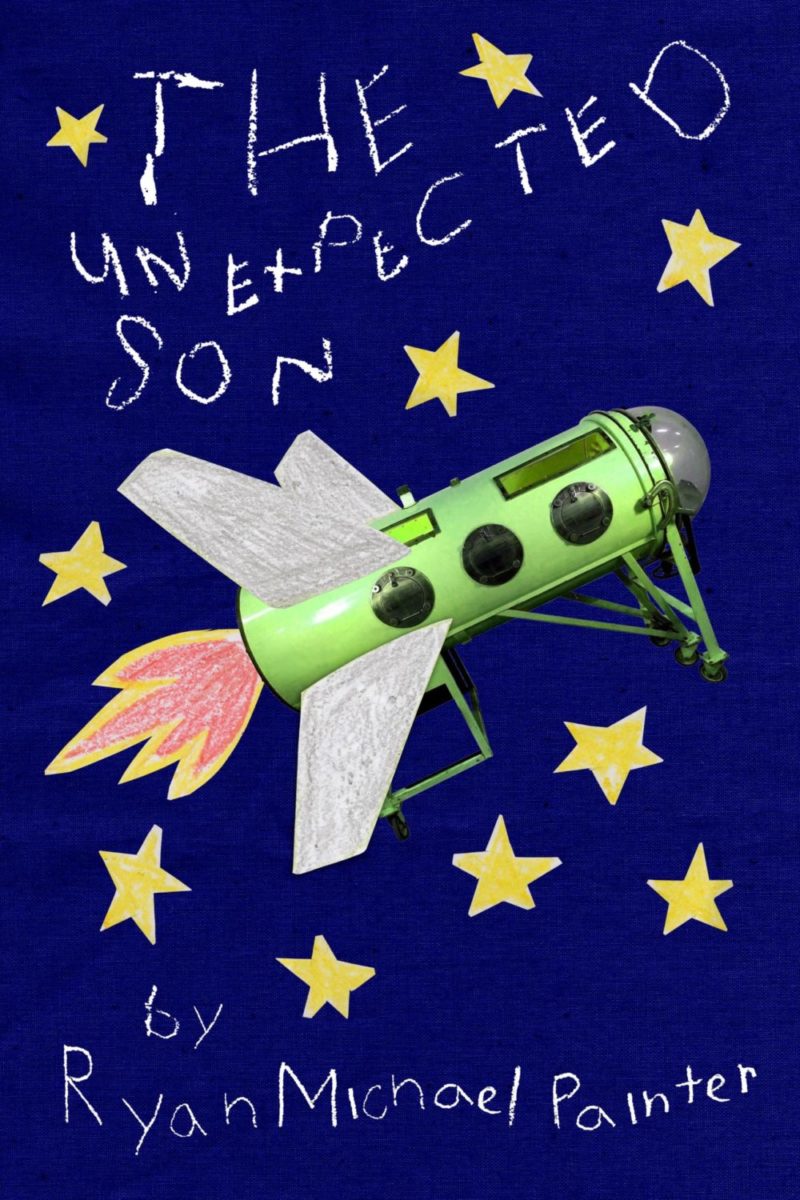
An Interview with Ryan Michael Painter
Words By Ryan Michael Painter, Interviewed by Carolyn Janecek
In your memoir, The Unexpected Son, you write about how you encouraged your mother to write the memoir because it “wasn’t your story to tell,” while she insisted on the opposite. How did you decide it was “your time” to write your parents’ story?
I had to grow into it; figure out what the story was. When I was in my early twenties, you couldn’t include “gay” and “Mormon” in the same sentence without eliciting an extreme reaction. I wasn’t interested in writing tabloid fodder.
I was also scared. I had been able to compartmentalize aspects of my belief system and wasn’t ready to try and reconcile the incongruities. I needed some of the old structure to keep standing.
I lived a little, learned a lot, and by my early thirties Mom’s prodding led me to reassess the project. I dived in and after a few years of writing there was some interest, but nothing stuck. It was the Obama era; the story didn’t feel needed. So, I shelved it and focused on other aspects of my life.
Two years ago, a string of spectacular failures had me in a downward spiral. The world seemed to be in a similar position. I had talked about interviewing my father’s friends and family, which hadn’t been part of the previous draft, and working from what felt like personal and cultural rock bottom I rebuilt the book as I pieced myself back together.
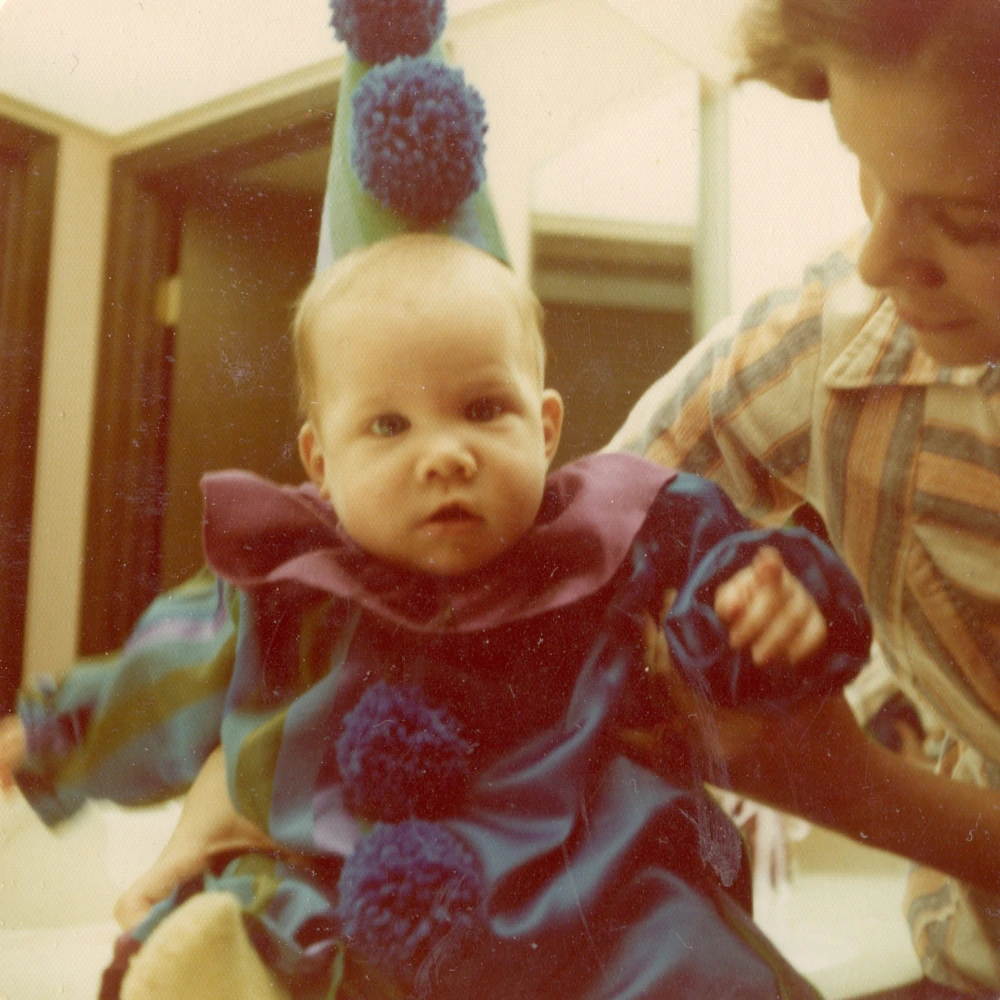
Memories can be shifting and unreliable, and also a little bit magical. How did you balance revisiting old journals and artifacts for accuracy, while keeping some of the childhood magic of your memories?
I have a terrible memory. I remember snippets of this or that, but rarely a complete picture. Nonetheless, while thinking my way through the writing, I knew that it was important that I be factual as possible.
It was easy to confirm my mother’s aspects of the story; she was very good at correcting me on anything she felt misrepresented the truth. My aspect of the story was always going to be filtered through my childhood imagination. That was the safest, most enjoyable aspect of the writing. To ignore the magical aspects of my memories would have made the book less true.
Working my father into the narrative was one of the hardest aspects of the writing. I avoided it for years, worried that it might change the way I felt about him. Ultimately, I found that our lives weren’t all that different. It’s speculative at times, but I don’t try to hide that.
What felt like the starting point for The Unexpected Son? Was there a specific memory or scene that always felt the most “alive” to you?
The starting point was a dead end. The initial draft was built entirely around my mother’s journals and a few interviews that I did with her. The story had become a weight; I just wanted to be through with it.
The further I got from my father, the more he became a sullen, ghostly figure. That wasn’t how I saw him when I was a child. I missed who he had been, needed to see him in that light again. So, the subsequent drafts became a search for a memory where my father was laughing. I went back to the moments we shared in his den. Me drawing, him watching Dallas. It was the only way that I could get inside of the narrative.
For readers who aren’t LDS (members of the Church of Jesus Christ of Latter-Day Saints), what would you want them to know about the LDS church from your childhood? What about the church now?
Through my mother’s example I was taught that being LDS was about love, not about being right or better. Mom was a divorced, single parent during a time when being either was unmentionable. There were many women in similar positions who retreated from religion because they felt unworthy. Mom and I spent a lot of time in their living rooms. We weren’t trying to convince them to come back to church; we were trying to tell them that they were never unworthy of love.
Forty years later, you can walk into an LDS service and there are dozens of single parents and divorcees who feel welcomed, wanted. Radical change is possible. It is hard, slow and many of the torchbearers will never enjoy the freedoms they are fighting for. Is it worth it? I hope so.
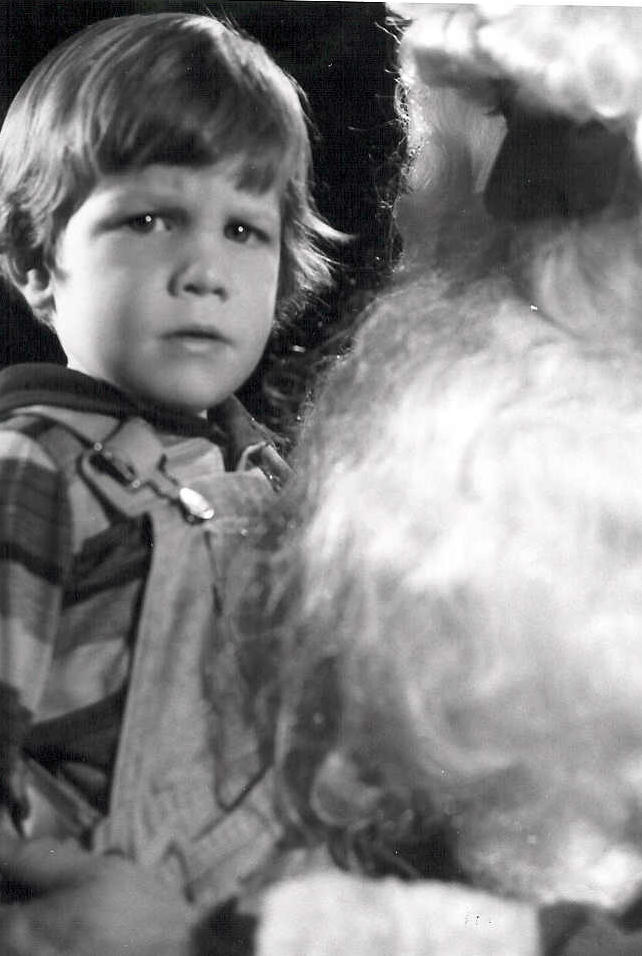
How do you think you’ve developed as an ally to the LGBTQ+ community? What advice would you give to others who want to get more involved as allies?
I’ve been a passive ally for most of my life. I tiptoed around, worried about who I might offend and how that might reflect on my family. Not acknowledging my father didn’t make the world a better place. It stifled me; kept me from knowing myself.
I think the hardest part of being an ally to the LGBTQ+ community or BLM or anything beyond personal experience is knowing that someday you’re going to say something ignorant. I’ll screw up pronouns. I’ll struggle to understand why anyone would want a label of any sort because my whole life has been spent trying to escape labels. It’s very possible that I have beliefs that are unintentionally hurtful. I may not recognize how or why they are cruel, hypocritical, or short-sighted. I will listen. I will try to do better. I will strive to understand different perspectives. I will not be angry if I am corrected. I hope that those who correct me will be forgiving.
I’m forever a work in progress, but I’ve decided that I’d prefer to be hated for who I am and how I feel rather than being loved because I kept my opinions to myself. You don’t like the way I write or the stories I tell? That’s fine, I’ll still write. You can make the choice not to read it. Too many families have been torn apart, lives lost. It never had to be that way.
My advice? Love without reservation. Do it quietly if you have to, but no one should be ashamed of being kind and compassionate. Empathy isn’t a sin; apathy is.
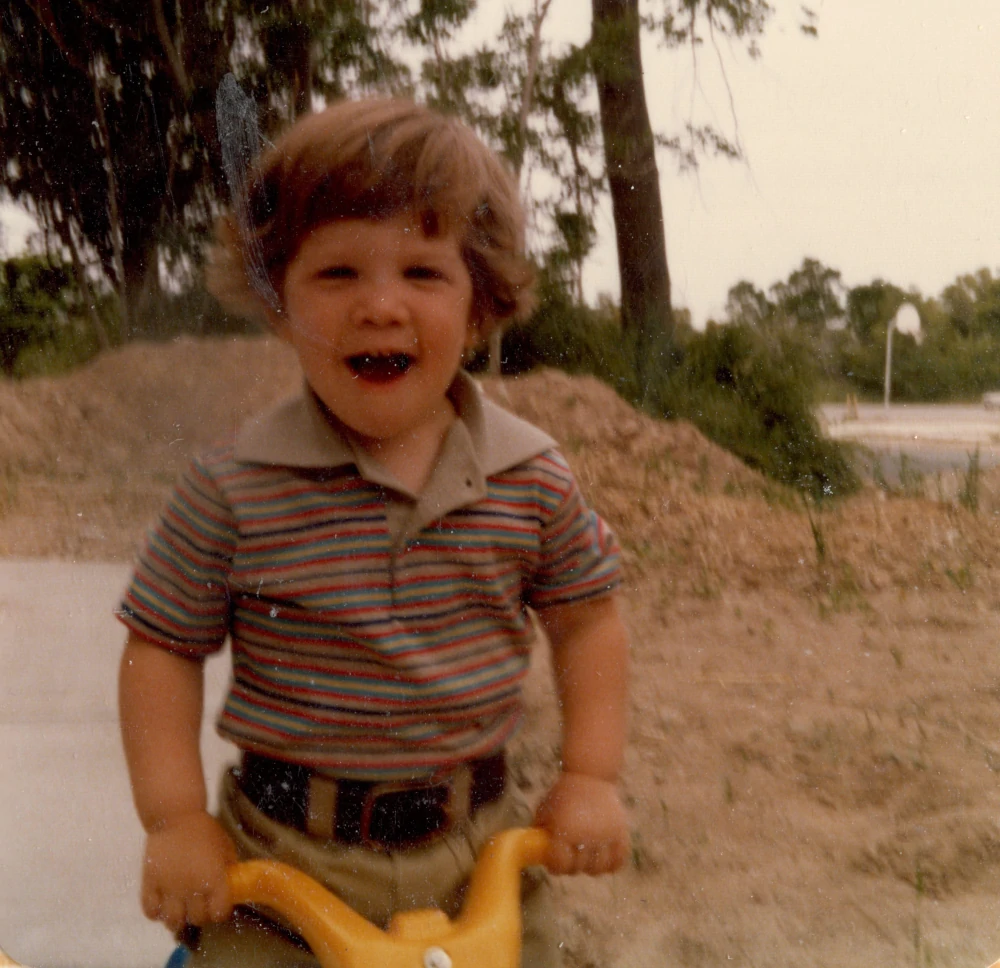
You chose to self-publish through a local press. What have been the pros and cons of this publishing path?
The costs have been formidable, but I wanted complete artistic control. From an economic perspective it might have been smarter to stick with an electronic release or go with a print-on-demand service right out of the gate, but I wanted the first printing to be something special. I might not sell any of them, particularly the hardcovers, but I had a vision in my head and wanted to get as close to that as I could.
What was the most difficult part of writing The Unexpected Son?
I quickly realized that to write this story I had to burn down everything that I remembered and reconstruct it with the new details I was discovering. None of what I had imagined about my parents’ marriage was true. They weren’t in love; they were strangers. Neither really knew what they were getting into. That changed the way I looked at myself. By the end, I’d questioned everything I knew and believed. There are still portions of my life that I haven’t been able to reconcile.
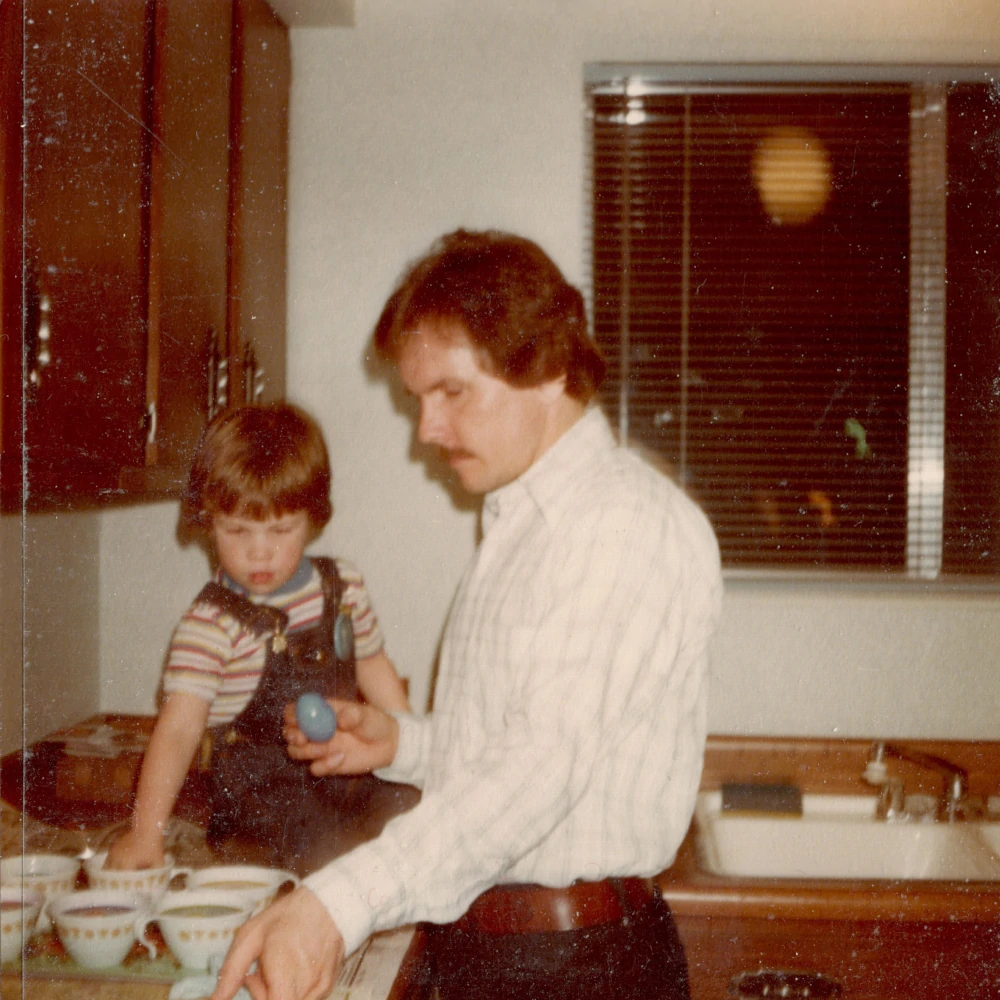
Which part of writing The Unexpected Son brought you the most joy?
When Mom asked me to write the story, I didn’t see the purpose. I knew my childhood was unique; I didn’t see how that made it valuable. Now, there are moments when I get optimistic. I want to change the world. I don’t know if that qualifies as joy, but it is hope.
No, the joy was me rediscovering who I was as a child. And being able to love him and be him again.